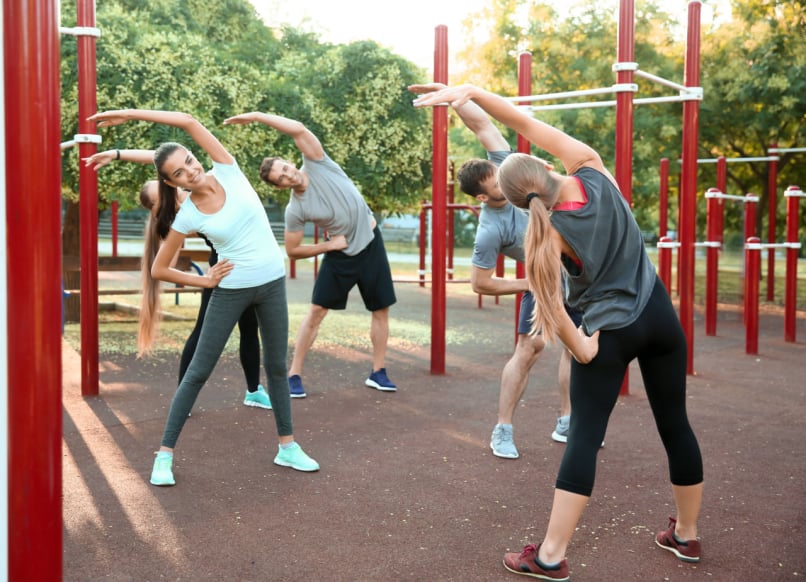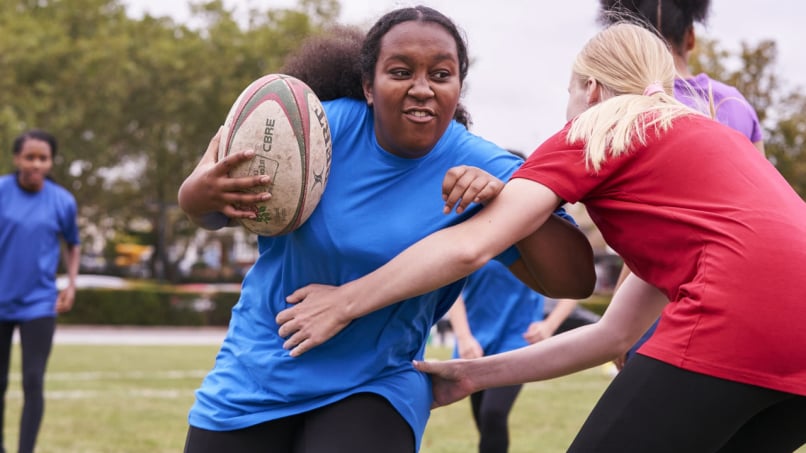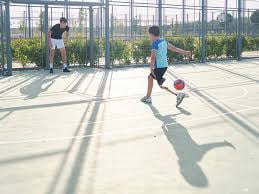Blog

The Importance of Warm-Up
Today, let's talk about something that often gets overlooked but is crucial for any athlete: the warm-up. Whether you're a runner, a weightlifter, or a yoga enthusiast, a proper warm-up can make a world of difference in your performance and injury prevention.
A good warm-up increases your heart rate and blood flow, preparing your muscles for the intense activity ahead. It also helps to improve your range of motion and flexibility, which can enhance your overall performance. Dynamic stretching, including exercises like leg swings, arm circles, and high knees, is a great way to start your workout.
Remember, a warm-up doesn't have to be long or complicated. Even a few minutes of dynamic stretching can make a significant difference. So, next time you hit the gym or go for a run, don't skip the warm-up. Your body will thank you!

The Power of Rest Days
In the world of sports, it's easy to get caught up in the grind and forget about the importance of rest. But rest days are just as crucial as your training days. Rest allows your muscles to recover and rebuild, making you stronger and more resilient.
Rest days help prevent overtraining and reduce the risk of injury. They also give your mind a break, which is essential for maintaining mental toughness. So, don't feel guilty about taking a day off. Use that time to relax, stretch, or even go for a leisurely walk. Your body and mind will be refreshed and ready to tackle your next workout with renewed energy.
Setting and Achieving Fitness Goals
Setting and achieving fitness goals is a fundamental part of any athlete's journey. Whether you're aiming to run a marathon, lift a certain weight, or master a new skill, having clear goals can keep you motivated and focused.
Start by setting SMART goals: Specific, Measurable, Achievable, Relevant, and Time-bound. For example, instead of saying "I want to get stronger," you might say, "I want to increase my bench press by 20 pounds in the next three months." This approach makes your goals more tangible and easier to track.
Remember, it's okay to adjust your goals as you progress. Life happens, and sometimes we need to pivot. The key is to stay consistent and keep pushing forward, one step at a time.

The Role of Mental Toughness in Sports
Mental toughness is often the deciding factor between success and failure in sports. It's the ability to stay focused, resilient, and motivated, even when faced with challenges and setbacks.
Developing mental toughness involves training your mind just as you train your body. Techniques such as visualization, positive self-talk, and mindfulness can help you stay calm and focused under pressure. It's also important to surround yourself with a supportive community and seek guidance from experienced coaches or mentors.
Remember, mental toughness is a skill that can be developed over time. With practice and dedication, you can build the resilience needed to overcome any obstacle and achieve your athletic goals.
